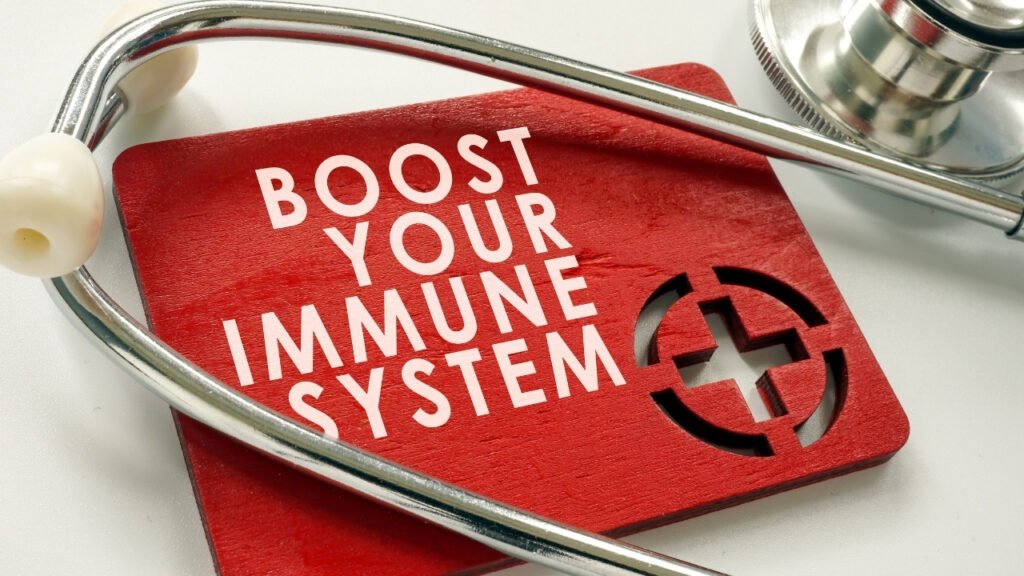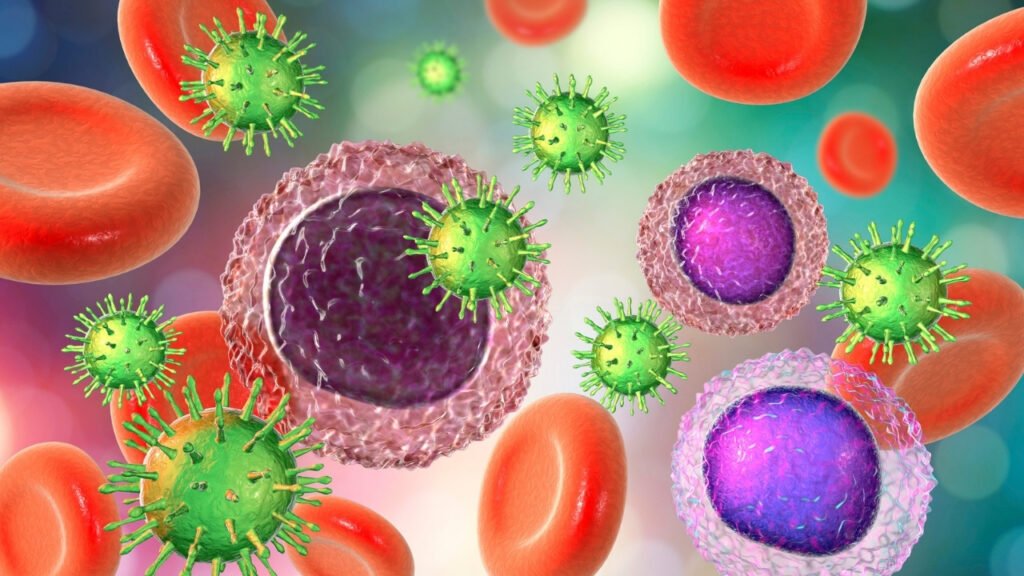Have You Ever Wondered How a Small Shot Can Save Lives?
In a world where diseases can travel as fast as a plane, vaccination (Vaccine) stands as our most reliable guardians. I’m Dr. Coucou, and today, we’re delving into the fascinating world of vaccine. From their discovery to the intricate science that powers them, we’ll uncover why vaccines are a cornerstone of public health and individual well-being. Let’s embark on a journey through the microscopic battlefield of our bodies, where vaccines turn the tide in our favor.

The Foundation of Vaccination
A Leap Through History
The story of vaccines begins with a bold experiment by Edward Jenner in 1796, who used cowpox material to protect against smallpox. This monumental discovery laid the groundwork for the development of vaccines, leading to the eradication and control of many deadly diseases worldwide.
How Vaccines Work: Training Your Immune System
Imagine your immune system as an elite army, always ready to defend against invaders. Vaccines work by presenting your body with a “training exercise,” using weakened or inactivated parts of a germ, or even just the blueprint of a germ, to teach your immune system how to fight it. This way, if the real enemy ever invades, your body is prepared to recognize and defeat it swiftly.
Types of Vaccines
Live-Attenuated Vaccines
These vaccines use a weakened form of the germ that causes the disease. They’re like a live-fire exercise for the immune system, offering a robust and long-lasting immune response. Examples include the measles, mumps, and rubella (MMR) vaccine and the chickenpox vaccine.
Inactivated Vaccines
Inactivated vaccines use the killed version of the germ. They’re safer for people with weakened immune systems but might require booster shots to maintain immunity. The flu shot and the polio vaccine are well-known examples.
Subunit, Recombinant, Polysaccharide, and Conjugate Vaccines
These vaccines use specific pieces of the germ—like its protein, sugar, or capsid—to target a precise immune response. They’re used in vaccines like the HPV vaccine and the whooping cough vaccine.
mRNA Vaccines
A revolutionary advancement, mRNA vaccines, like those for COVID-19, use a snippet of the germ’s genetic material to instruct our cells to produce a protein unique to the germ. This triggers an immune response, teaching our body to recognize and combat the virus. It’s like giving your immune system the blueprints to the enemy’s weapon so it can prepare a defense without ever facing the actual threat.

The Importance of Vaccinations
Herd Immunity: Protecting the Community
Vaccinations don’t just protect the individual; they protect the entire community. When enough people are vaccinated, it creates “herd immunity,” significantly reducing the spread of disease. This protection is vital for those who can’t be vaccinated, such as newborns or individuals with certain medical conditions.
The Impact on Public Health
Vaccinations have led to the eradication of smallpox, near-elimination of polio, and significant reductions in the global burden of diseases like measles and tetanus. They’re a cost-effective public health strategy, saving millions of lives and countless resources annually.
Addressing Vaccine Hesitancy
Despite their success, vaccines often face skepticism. Concerns about side effects, efficacy, and misinformation can lead to hesitancy. It’s essential to understand that vaccines undergo rigorous testing for safety and effectiveness before approval. The benefits of vaccination overwhelmingly outweigh the risks, which are generally minor and temporary.
In Conclusion
Vaccinations are a marvel of modern medicine, offering us protection against diseases that once ravaged societies. By understanding how vaccines work and the importance of participating in vaccination programs, we can continue to safeguard our health and the health of those around us.
As we advance, let’s embrace vaccinations as a testament to human ingenuity and a commitment to collective well-being. Remember, every shot administered is a step toward a healthier world.
Stay informed, stay healthy, and let’s champion the cause of vaccinations together.
